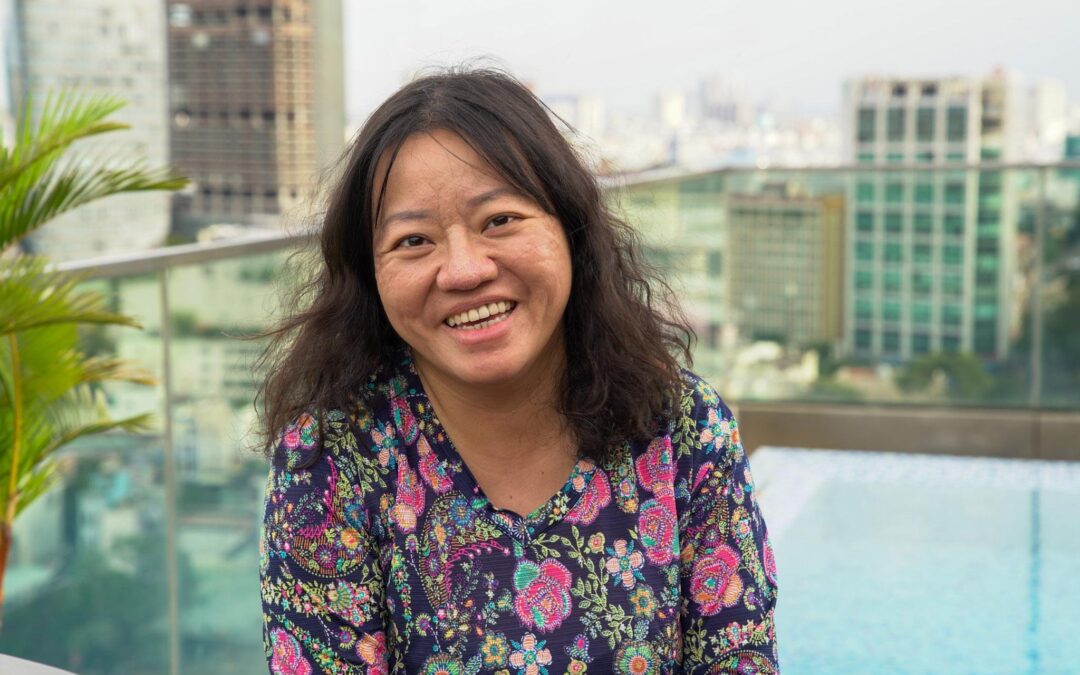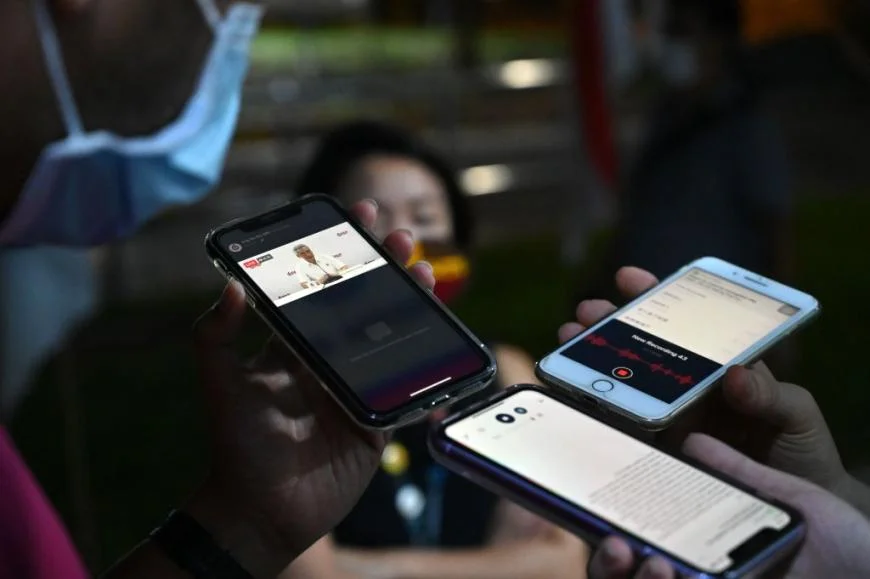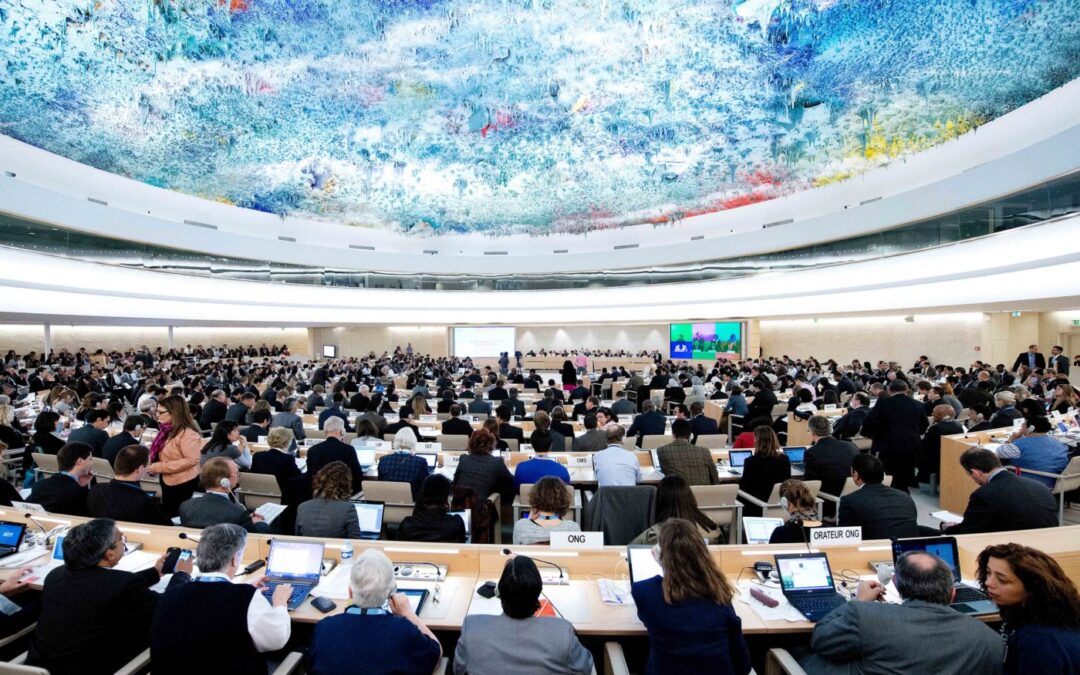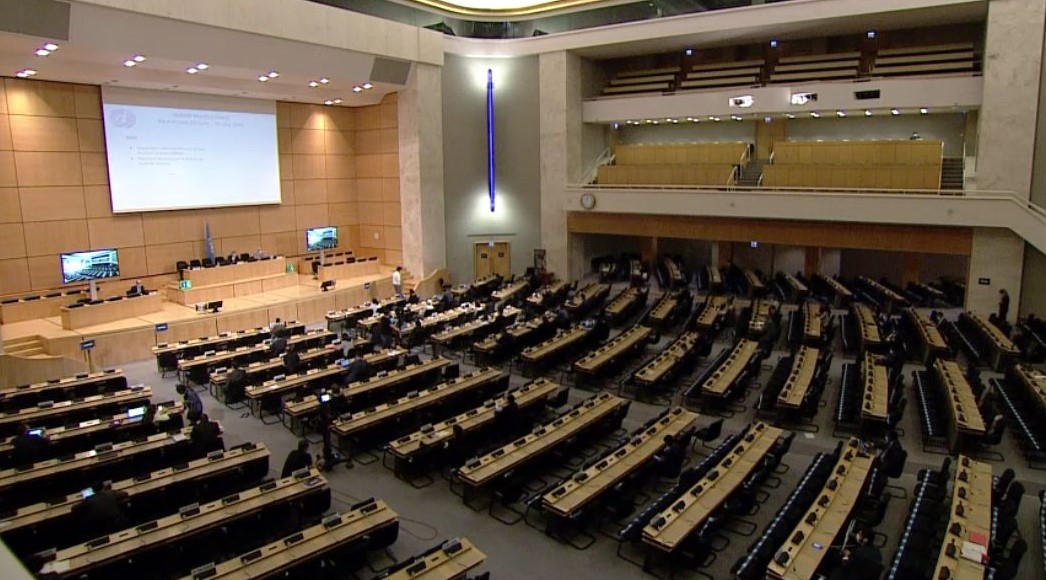
Oct 26, 2021 | News
Ahead of her upcoming trial on 4 November, 28 human rights and freedom of expression organizations today condemn the ongoing arbitrary detention of independent journalist and woman human rights defender Pham Doan Trang.

Oct 21, 2021 | News, Non-legal submissions
The Thai government must ensure that measures taken with the purpose of containing the COVID-19 pandemic do not impede access to justice and the operation of the courts, the ICJ said in a briefing paper issued today.

Oct 13, 2021 | News
Today, ICJ and nine others organizations called on the Government of Singapore to withdraw the Foreign Interference (Countermeasures) Bill (‘FICA’). FICA’s provisions contravene international legal and human rights principles – including the rights to freedom of expression, association, participation in public affairs, and privacy – and will further curtail civic space, both online and offline.

Oct 8, 2021 | News
The ICJ today applauded the adoption of a landmark resolution by the UN Human Rights Council recognizing the human right to a clean, healthy and sustainable environment, and a second resolution and establishing a Special Rapporteur on the promotion and protection of human rights in the context of climate change.

Oct 7, 2021 | Advocacy, Non-legal submissions
The ICJ expressed concern today at the lack of accountabiltiy for human rights violations occurring in the Philippines, before the UN Human Rights Council.









